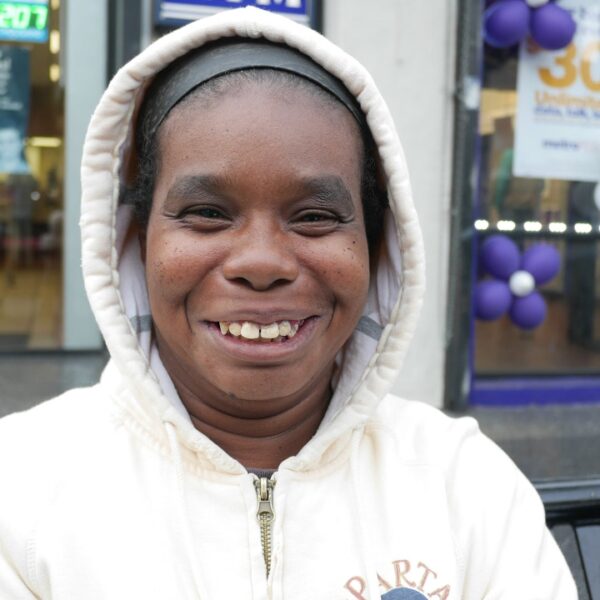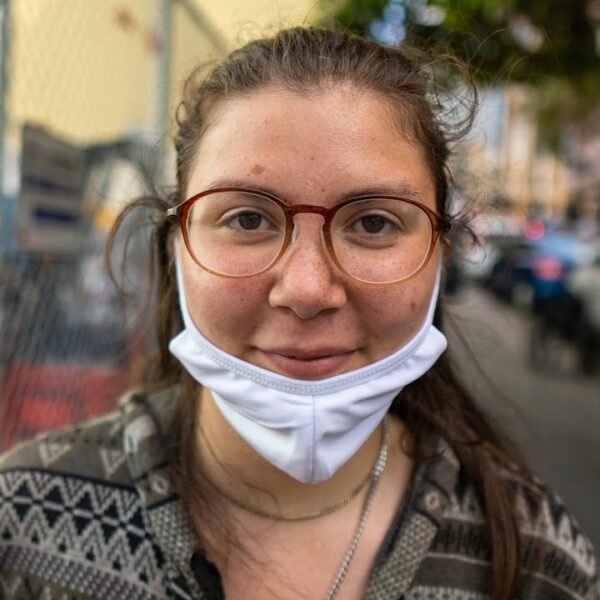Housing inequality is all too common in the U.S., but Texas may struggle most. Among Texas cities, conditions in Houston are especially bad.
For many Houstonians, gaining and keeping affordable housing is not just difficult—it’s impossible. This has all been made worse by the COVID-19 pandemic. Almost 40% of Houston residents recently surveyed reported not having the money for rent or mortgage. About 4.7 million people are currently at risk of becoming homeless due to not being able to afford housing.
The top 4% of incomes in the city are nearly 10 times higher than the bottom 20%. These figures have made Houston not only the worst city in Texas for housing inequality, but the 11th worst nationwide. And it’s getting worse. According to a report by Apartment List, income inequality rose by 16% in the city between 2008 and 2017.
Also found by Apartment List, the poorest Houstonians don’t even get a break on housing expenses. The bottom 25% of households pay only 15% less on housing than the richest.
Clearly, Houston had a problem long before the COVID-19 pandemic hit. There are a number of reasons for this. The problems in the city’s sociological landscape are systemic, and they are woven throughout the history of the city.
Houston’s Unfair Treatment of Poor, BIPOC, & Vulnerable People
Racial Segregation
Houston has been a deeply segregated city since the Civil War. In the 1930s, government homeowner support investments were taken away from cities and put into suburbs. Racist housing policies around this time pushed black people farther into the city and white people farther into the suburbs. The Federal Housing Administration refused to insure mortgages around black neighborhoods—a policy called ‘redlining’—and also subsidized developers building housing for whites. The FHA went so far as to explicitly state no black people could buy homes in these new subdivisions.
These racist policies were pervasive in Houston, and the Settegast neighborhood is a prime example of the damage they’ve caused. This part of the city became a beacon of hope for black families wanting to buy homes. When they started moving in, the city began neglecting the area. Sanitary conditions declined; water was contaminated, and there was a lack of drainage as well as open sewer ditches throughout the neighborhood.
Conditions improved temporarily as a result of community organizing. However, today there’s a very high rate of poverty, falling median wages, and increasing housing costs. From 2010 to 2018, median household incomes fell by 24%, and the cost of rent increased 91%.
Disproportionately affected by natural disasters
Texas rests squarely in the middle of hurricane territory. We’ve seen this recently with Hurricane Laura. But three years ago in August 2017, Hurricane Harvey devastated Houston. What’s ironic is even though the hurricane swept over the entire city, it was somehow the poor who suffered the greatest.
It’s much harder for low-income individuals to evacuate when their grip on housing is so tenuous. It’s harder still for someone on the brink of homelessness to give up their shelter, no matter the danger. This means after the storm passed, they stayed in flood-damaged housing. They’re now suffering from respiratory problems and other health conditions due to mold.
After being displaced by the hurricane, many low-income Houstonians became homeless, and stayed that way. A 2018 survey of Houston’s homeless found 18% of unsheltered people cited Hurricane Harvey for their homelessness. After the storm, the average cost of rent increased. Between August 2017 and July 2019, rent prices increased from $956 to $1,031. Even people who were housed before the hurricane found that they couldn’t afford it after, and became homeless.
Gentrification
Gentrification has been happening quickly for several cities in Texas, but it’s happening most in Houston. This means areas which were once more middle- or lower-class are becoming increasingly wealthy. For example, between 2000 and 2015, the median income within three miles of downtown rose by 67%. The side effect of gentrification is, it pushes poorer people out as housing costs rise to meet demand.
The median income grew progressively slower the farther away from downtown residents got. Eventually, when out 10-20 miles from downtown, the rate of income growth picked up again. This indicates wealthier people are moving to downtown and the suburbs, while the poor are forced into the outer areas of the city.
This is significantly detrimental for people who are at-risk of becoming homeless. Leaving a neighborhood means leaving behind social networks, known resources, and other safeguards which protect people going through hard times. Without these, hardship takes a greater toll, possibly resulting in homelessness.
How Can We Advocate for Housing Equality in Houston?
With the end of eviction moratoriums on the horizon (though the timeline is ever-changing), it’s more important than ever we find ways to address those at-risk of homelessness. By understanding the issues contributing to housing inequality, we’re better prepared to take action.
- Consider joining or donating to a grassroots movement to improve health and sanitation conditions in predominantly BIPOC communities. Attending town halls, contacting local government leaders, etc. are ways people local to Houston can get involved.
- Support agencies working to heal communities after natural disasters. Donate or volunteer for agencies like the Red Cross or All Hands and Hearts.
- Advocate for better zoning laws. Houston, like so many other U.S. cities, can only build so much affordable housing while zoning laws prohibit the replacement of single-family homes. Contact lawmakers and explain why they need to take action on zoning laws that make sense for the population they serve.
Being an advocate means facing challenges that seem insurmountable. Remember you aren’t alone in this fight. By placing enough pressure on leaders, and electing leaders who represent the interests of the vulnerable, we can create change.













